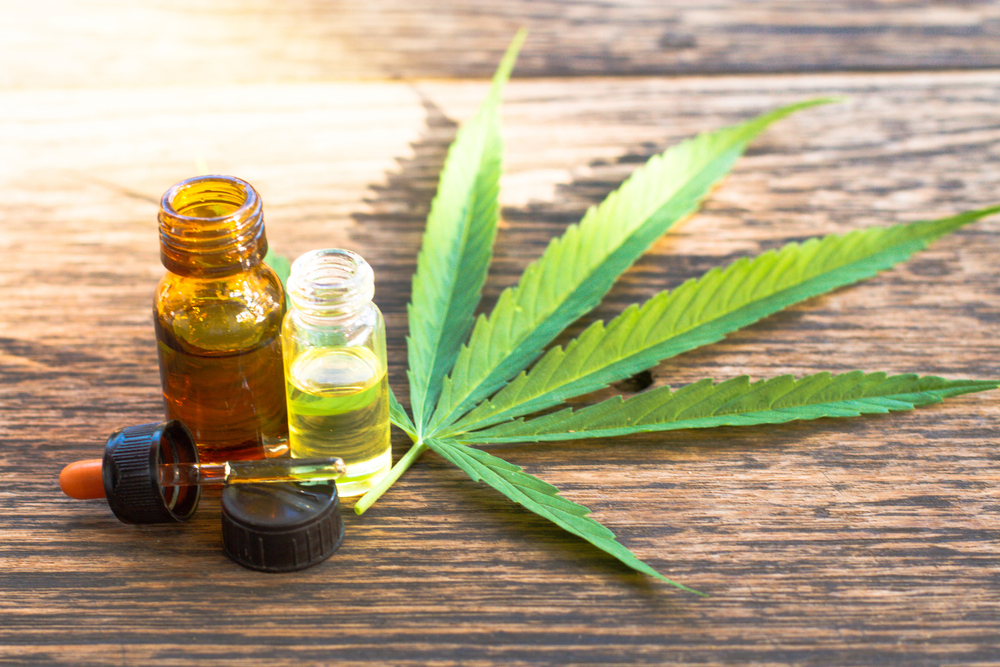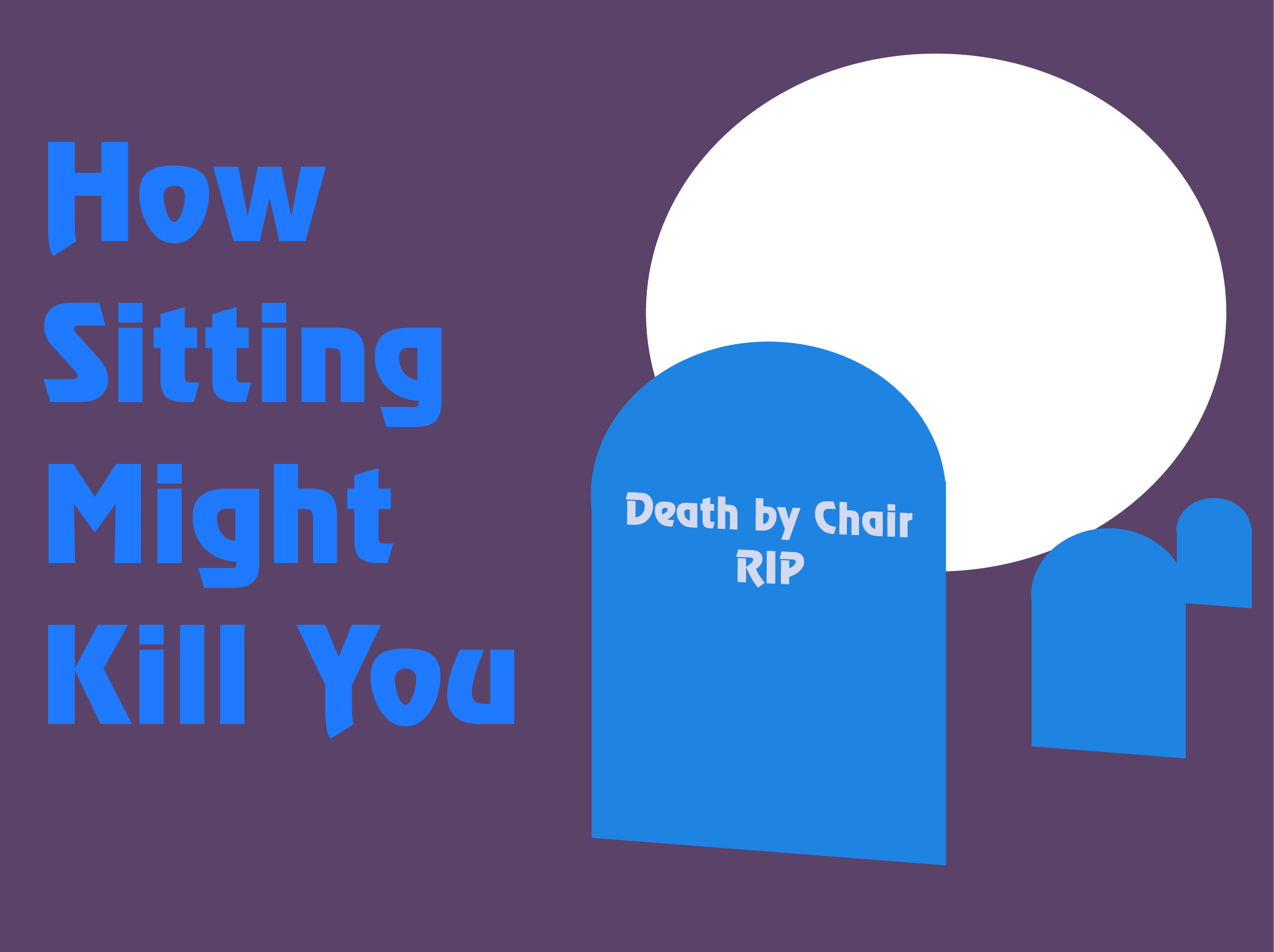By Antoine Kanamugire, MD
Marijuana can make you feel good in the moment, but that longed for “feel-good moment” can play tricks on us; When use turns to abuse, marijuana could be a smoke screen hiding our profound suffering and pain, symptoms that will only become obvious to us later on down the road of life.
One of the reasons marijuana is popular and is so commonly used by adolescents and by young adults is that it makes some people feel good; in fact, very good. It can certainly decrease anxiety for some time, and some even use it on a daily basis before going to bed, as they feel they can’t sleep without its beautiful powers of relaxation. But is there anything else hidden behind that beautiful feeling? Is it a great gift from nature, or could it be a rose with thorns?
Neglecting the Cornerstones
When we fall into an addiction of any kind, there is a tendency to neglect certain aspects of our lives, and sometimes crucial cornerstones are carelessly set aside. But we can be all but certain that those ignored pieces will be missing later on down the line when we will be needing them the most!
We can choose to seek immediate gratification through marijuana, we can enjoy superficial relief from our problems and negative feelings, we can hang out with superficial people and ignore major pieces of the puzzle like family, work, physical exercise, and significant relationships. But when we are finally reminded of what we’ve been missing—as we fall back to the reality of solid ground—we are eventually forced to confront the consequences which accompany the easy choices and quick fixes we chose to make earlier on.
When you realize that you’ve been living in a static way—enjoying the moment, but not advancing anywhere, while everyone else has kept progressing—regrets begin to arise and you may start to blame either your own behavior, circumstances beyond your control, or the people who surround you. Anxiety starts settling in, as do worries, and regrets about missed past opportunities. When we realize we have few realistic prospects for future opportunities, depression starts knocking at the door, and then it enters and makes itself at home!
When use turns into abuse, you take drugs to diffuse the emotional pain, but the more you take, the more anxious you become. The more anxious you become, the more you take to try to ease the pain, yet become even less functional and experience even more emotional pain.
You return to marijuana again and again for the “buzz” you need to freeze this pain, but only end up leading yourself down the path of an ever deepening cycle filled with amotivational syndrome, professional failures, regrets, and symptoms of depression.
Cannabis and the Brain
Additionally, it’s important to remember that cannabis affects many parts of your brain simultaneously, including the amygdala, which is the part of the brain involved in the regulation of our emotions. When you consume large quantities of cannabis, the amygdala is affected and you may subsequently experience symptoms of fear or anxiety, or even panic attacks. If you have a family history of depression or anxiety, feel you are suffering from a drug or alcohol addiction, if you are a teenager or young adult under the age of twenty-five, if you’re experiencing stressful life events which could increase your risk of becoming addicted, you may wish to avoid using marijuana altogether—at least for now—since the risks could be far greater than any relief or pleasure you might reasonably hope to experience from using the drug.
ABOUT THE AUTHOR:
Antoine Kanamugire, M.D. is a Canadian medical doctor, specializing in psychiatry. He pursued a bachelor’s degree in biology in Pittsburgh, USA, then went to Canada where he completed a medical degree at the University of Sherbrooke and then a specialty in psychiatry at the University of Montreal. He is a consultant psychiatrist in outpatient clinics, in the Emergency Department and for mental health first line teams in Montreal suburbs.
—




No Comment